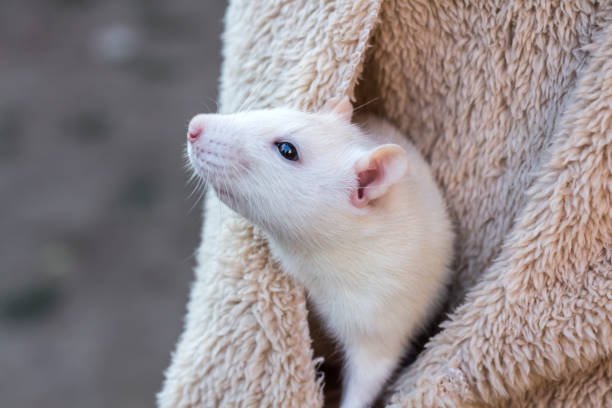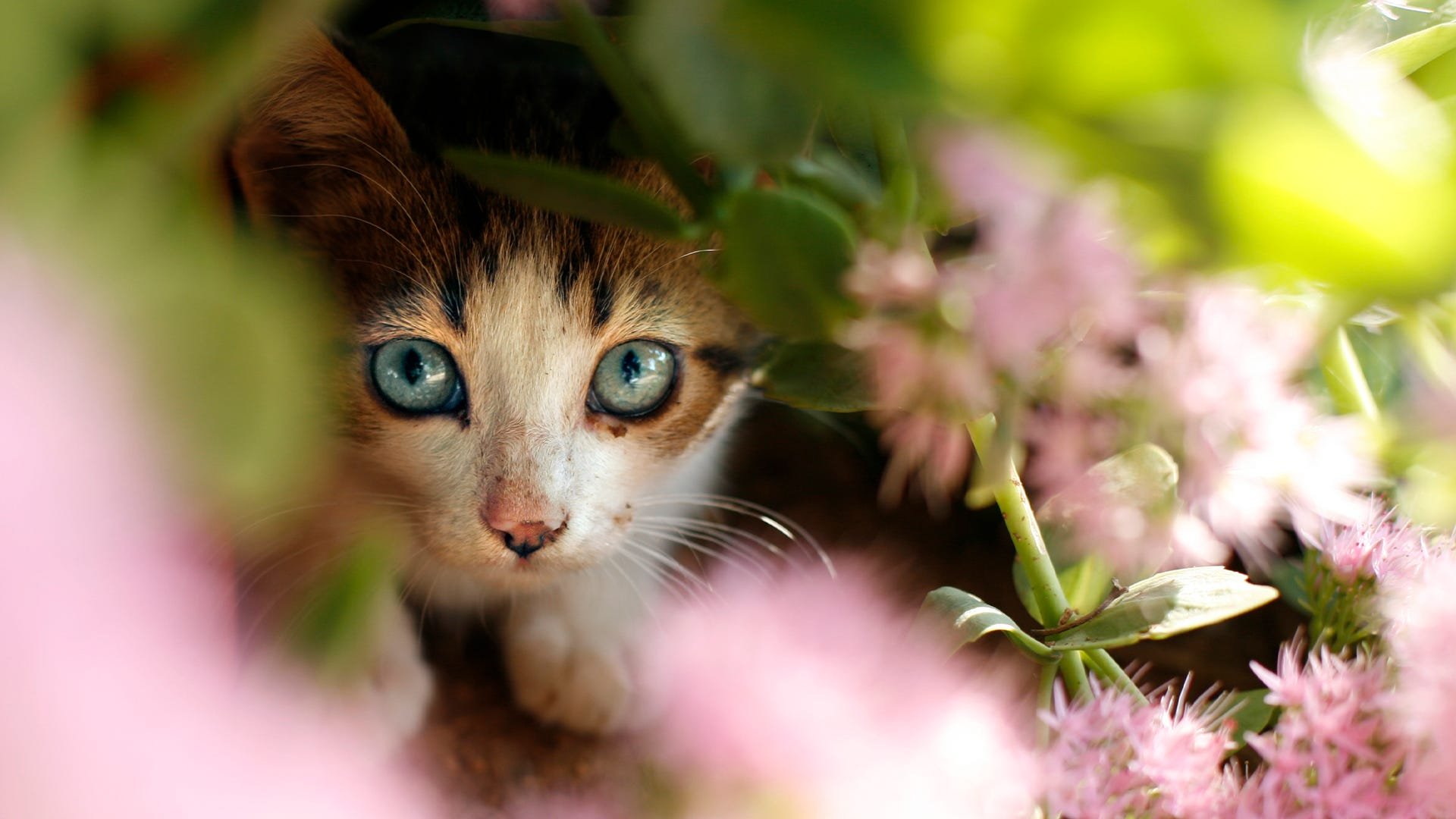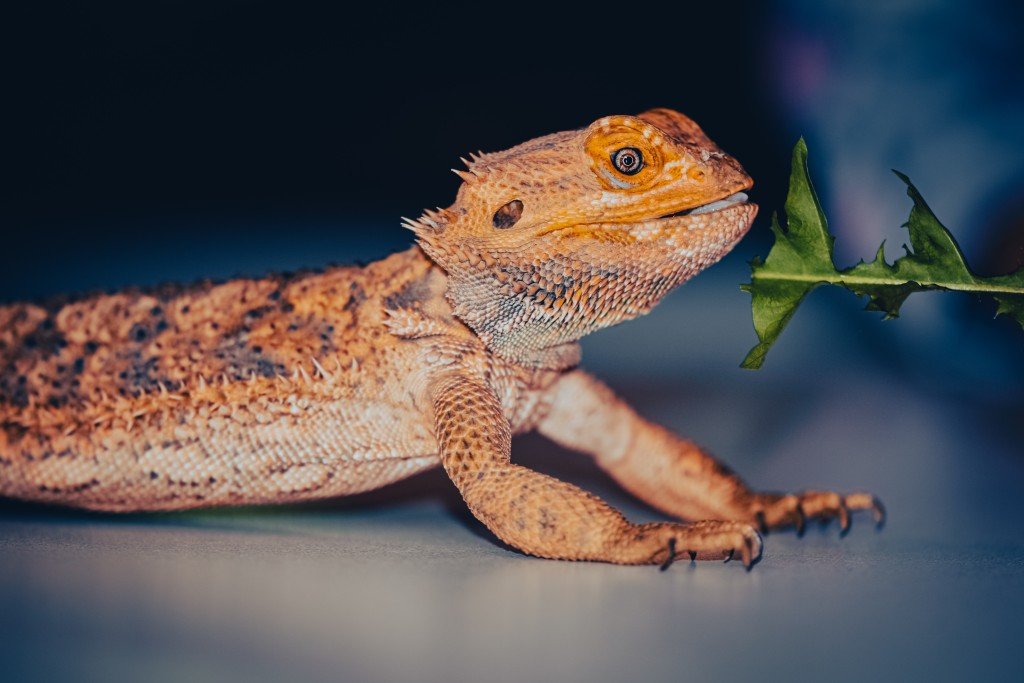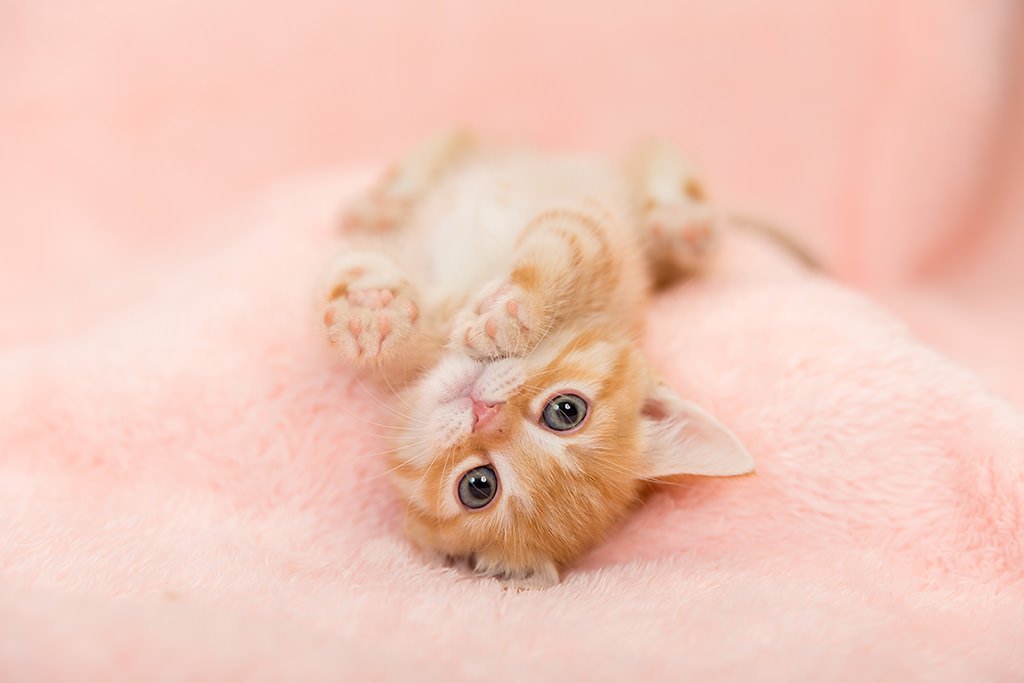Preventative Measures to Avoid Rat Problems in Your Garden

Rat problems in your garden are a significant cause for concern. These pesky rodents are not only destructive but can also spread diseases, contaminate food, and create an unwelcoming environment.
Fortunately, there are several preventive measures you can take to keep your garden free from rats. Doing so will ensure that your outdoor oasis remains a safe and pleasant space to work or relax.
So, why are rats attracted to gardens?
Gardens offer a lush, colorful landscape where a multitude of species can thrive. Among these curious creatures are rats, who, surprisingly, hold a particular fascination for gardens.
Why Rats Like Gardens
To prevent rats from overtaking your garden, you have to learn more about why they’re attracted to your garden in the first place. Below are the reasons why rats like garden spaces.
1. An Abundant Food Supply
With an array of fruits, vegetables, seeds, and insects to feast on, gardens serve as a plentiful food source for opportunistic rodents. Rats thrive in environments where they can easily access nutritious meals from plants or nearby compost piles.
2. Shelter and Safety
Tall grass, dense shrubs, rockeries, and foliage provide perfect hiding spots for rats to nest and seek protection from predators.
In turn, burrowing beneath garden structures or rooting around in overgrown areas provides them with added security.
3. Access to Water Sources
Rats need water as much as humans do, and gardens often feature distinct sources of H2O – sources like irrigation systems or small ponds. These features entice rats to settle in close proximity due to a constant availability of water.
The Types of Gardens Rats Prefer
Rats have their preferences when it comes to garden spaces. They are drawn to overgrown gardens, organically farmed gardens, and gardens that regularly attract birds. Let’s look at the reasons why these types of gardens have so much appeal.

1. Overgrown Gardens
Untamed growth not only provides a cover but also renders gardens somewhat challenging for humans to navigate. An overgrown garden offers rats an ideal environment where they can hide from potential threats while still enjoying ample sources of food.
2. Organic Gardens
Organic gardens are free of harmful pesticides that deter or kill rodents on contact. These pesticide-free sanctuaries make it easier for rats to consume fresh produce without the added chemical risks.
3. Bird-Friendly Gardens
While birds flock towards well-stocked feeders, so do rats. That’s because they find the scattered birdseed a convenient, if not inviting, addition to their diet.
Many expert gardeners recommend placing rat-proof bird feeders or keeping feeders elevated to reduce rat invasions while still providing valuable food for birds. Make sure, as well, to clean up any spillage beneath the feeders.
Preventive Measures for Garden Rat Control
To prevent problems with rats, it helps to know what preventive measures to take. Part of garden rat control involves keeping your garden clean, making sure rats do not have a ready supply of food, and taking away the spots where rats can hide.
The following tips will give you some pointers for keeping your garden rodent-free.
1. Keep your garden clean and tidy
A clean and well-maintained garden is less inviting to rats as it offers fewer hiding places and food sources. Regularly remove any fallen fruits or vegetables, clear away dead leaves and debris, and trim overhanging branches to minimize potential shelter areas.
Additionally, keep garbage bins closed with tight-fitting lids to prevent rats from accessing food waste.
2. Store food securely
Again,rats are attracted to gardens where they can easily find food. Make sure you keep birdseed, pet food, and compost in secure containers with tight-fitting lids.
If you have a compost pile, avoid adding food scraps like meat and dairy products that may attract rats. Instead, stick to adding fruit and vegetable peelings and other plant-based materials.
3. Seal potential entry points
Inspect your garden for any cracks or gaps through which rats can enter, such as holes in walls or fences.
Seal them immediately using wire mesh or another suitable material. This will minimize the risk of rats entering your yard from neighboring properties or nearby wild lands.
4. Eliminate hiding places
Rats typically nest in dark, secluded areas such as wood piles or behind thick vegetation like tall grasses and bushes. To make your garden less appealing to rats, eliminate these hiding spots by keeping your lawn mowed short and trimming bushes regularly.
5. Use natural deterrents
There are a variety of natural remedies that can help deter rats from your garden. Planting strong-smelling herbs such as mint, lavender, or rosemary near potential entry points can make these areas less inviting to rodents.
You can also place crushed pepper, garlic, or onions in strategic locations since these smells are known to repel rats.
6. Adopt a natural predator
One of the most effective ways to control the rat population in your garden is by introducing a natural predator such as a cat or owl. These animals are expert hunters and will help keep the rodent population in check. Installing an owl nesting box or birdhouse in your garden is helpful in attracting owls.
7. Use traps and bait stations cautiously
If you decide to use traps and bait stations to eliminate rats, be sure to follow safety guidelines and keep them away from children and pets. These methods should only be used as a last resort when other preventative measures fail.
Conclusion
By following the prevention measures above, you can significantly decrease the likelihood of current and future rat problems in your garden space.



